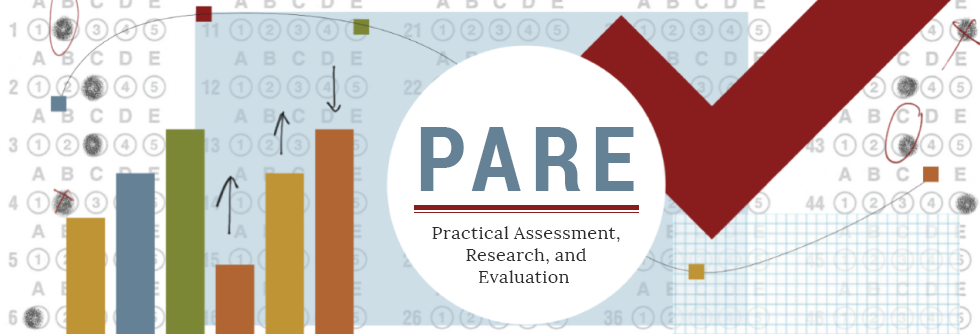Assessing Students’ Application Skills Through Contextualized Tasks: Toward a More Comprehensive Framework for Embedding Test Questions in Context
Abstract
This study investigated task contextualization as a means of assessing students’ ability to apply their subject knowledge to new situations. Through analyzing 527 Functional Mathematics examination questions that claim to assess students’ application skills, it developed a set of principles for embedding questions in context: deep contextualization, context balance, context unpredictability and context purposefulness. This paper differentiates between two interpretations of context appropriateness in assessment: (a) the extent to which the context allows students to demonstrate their true knowledge and skills, and (b) the extent to which the context is consistent with the specific aims (or claims) of the course/qualification of which the assessment is part. While the former interpretation has been extensively researched, the latter is less – if at all – explored. This paper examines this latter interpretation. It then combines the two conceptualizations of context appropriateness to propose a more comprehensive framework for assessing students’ application skills.
Keywords: contextualized questions, application skills, item writing, assessment design, assessment quality, validity
How to Cite:
Constantinou, F., (2024) “Assessing Students’ Application Skills Through Contextualized Tasks: Toward a More Comprehensive Framework for Embedding Test Questions in Context”, Practical Assessment, Research, and Evaluation 29(1): 10. doi: https://doi.org/10.7275/pare.2103
Downloads:
Download PDF
View PDF
2113 Views
268 Downloads
